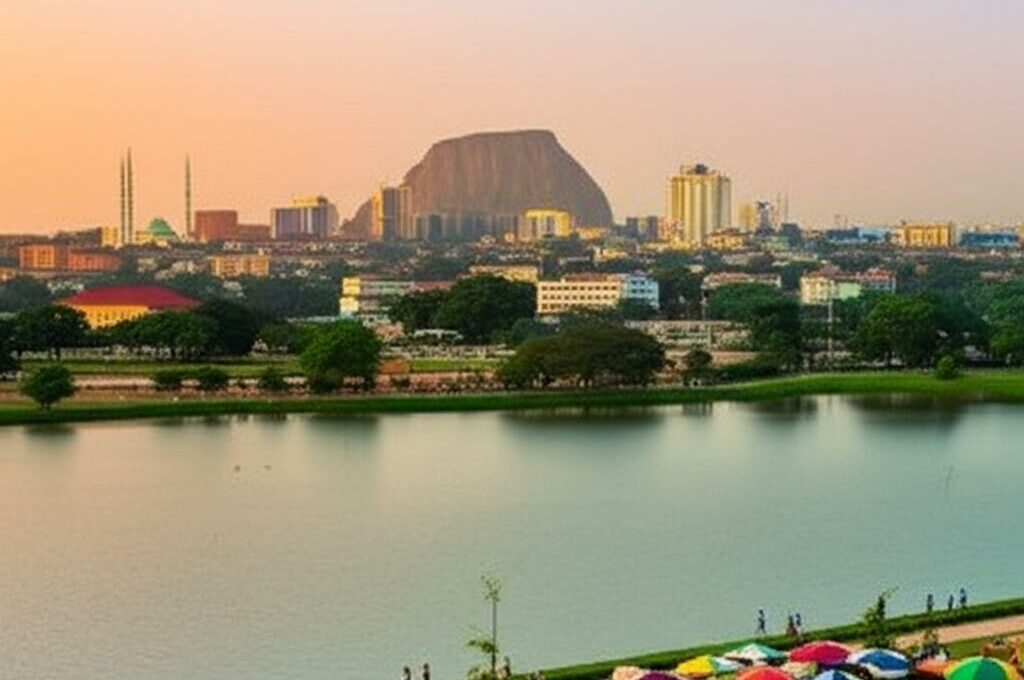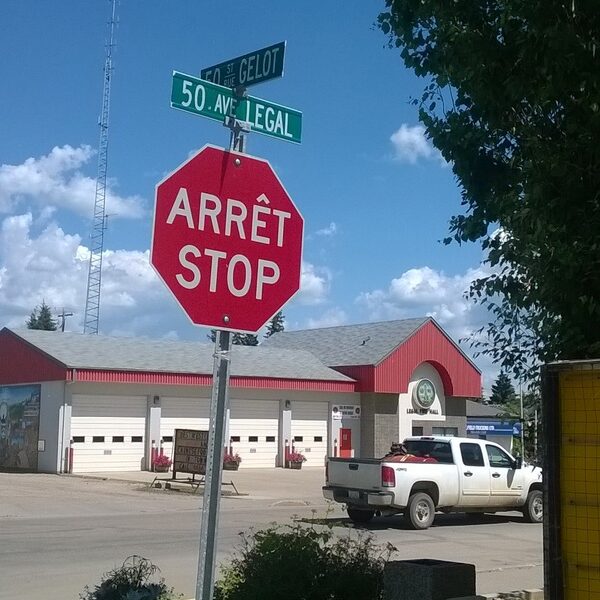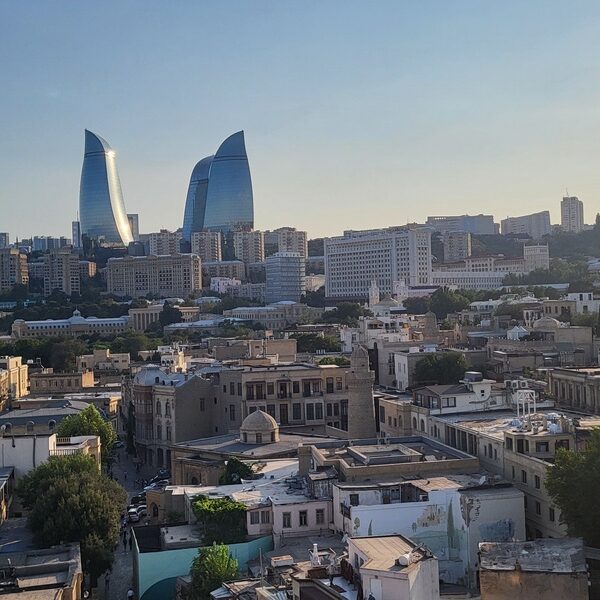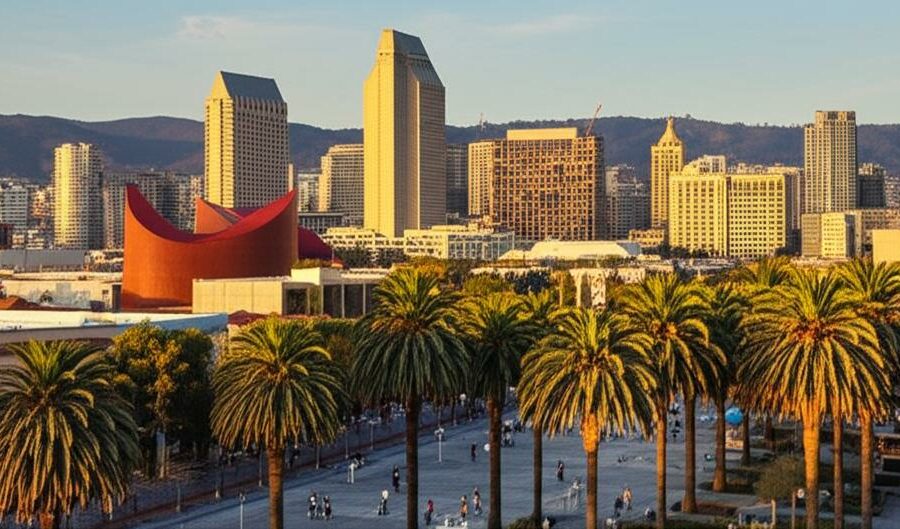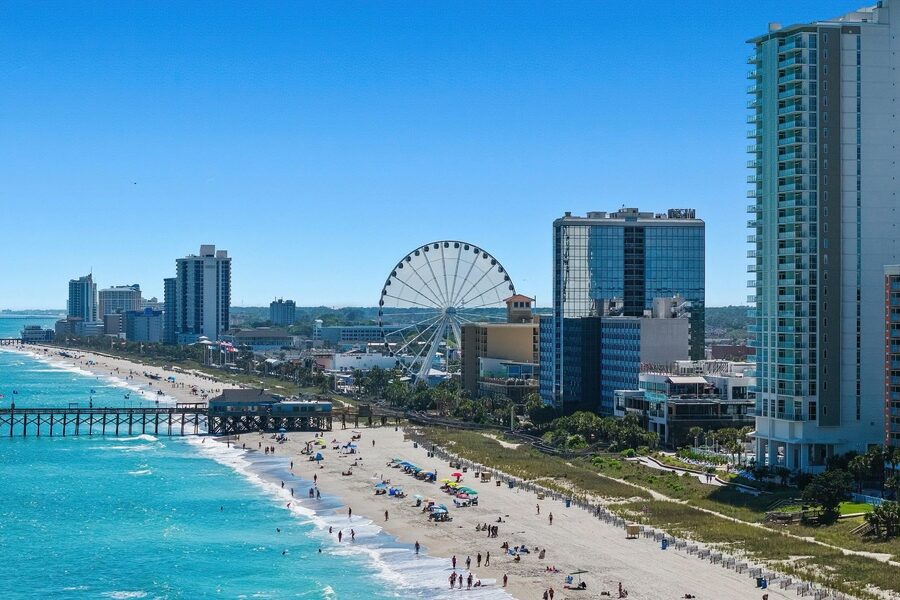What if I told you Abuja isn’t just government buildings and wide boulevards — it’s home to lakes, dramatic rock outcrops, lively markets, and a surprising food-and-music scene?
Abuja has been Nigeria’s purpose-built national capital since 1991 and the city around Aso Rock has grown fast; the metro area now houses roughly 3 million people in and around the city. That growth left room for parks, planned green belts and waterfront development, so you don’t need a long trip to find nature or lively local culture.
Whether you have a weekend, are visiting on business, or live here already, this guide points to seven genuinely enjoyable, accessible experiences — from outdoor escapes and cultural landmarks to markets and nightlife — that show a fuller side of the capital. If you’re compiling a short list of cool things to do in Abuja, this piece will help you mix nature, heritage, and food with ease. For best outdoor weather aim for the dry season (November–March).
Outdoor & Nature Escapes
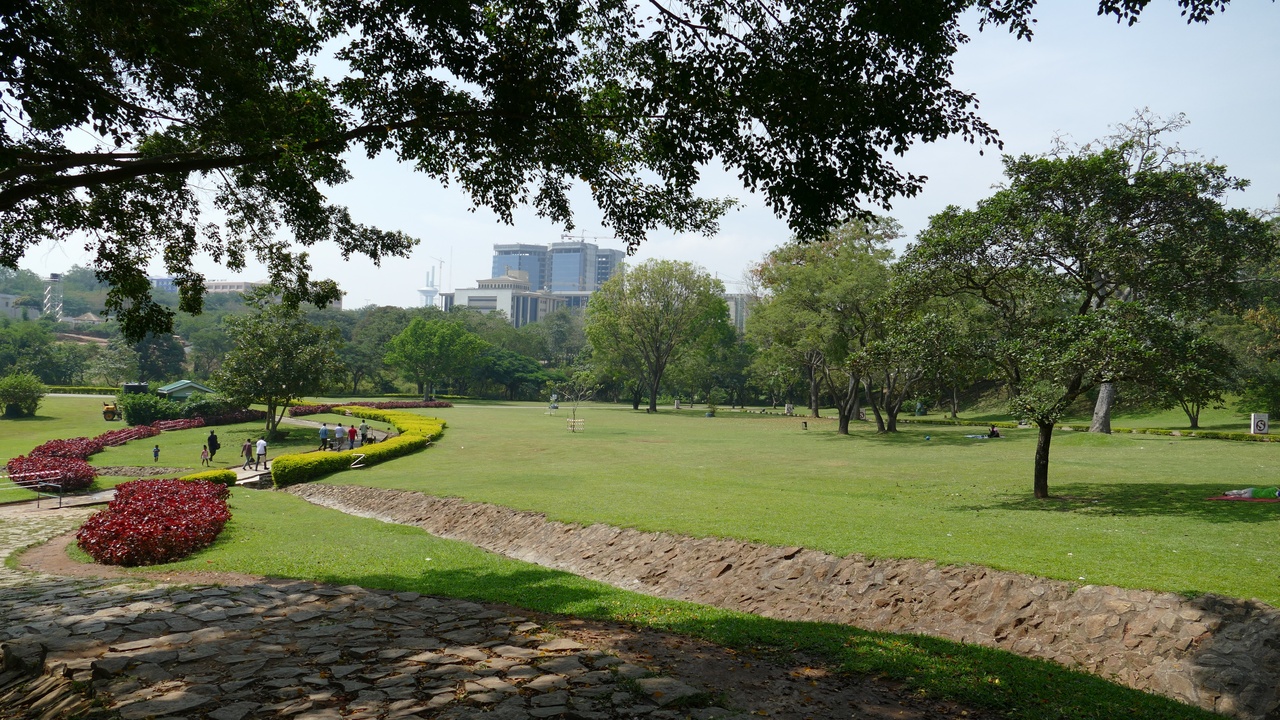
Abuja was planned around a central ridge and the dramatic Aso Rock, and that planning left pockets of green that feel surprisingly close to the city centre. Parks, lakefronts and short scenic drives make outdoor activities easy: you can be at a leafy lawn or a rocky viewpoint within 15–30 minutes from districts such as Wuse or Garki.
The capital’s outdoor options work well for families, photographers and anyone who wants light exercise without a long drive. Visit in the dry months for clearer skies and lower humidity, bring sun protection, and stick to marked paths near Aso Rock for safety. Below are three quick outings that fit into a half-day or a relaxed afternoon.
1. Stroll or picnic at Millennium Park
Millennium Park is a planted green space in the heart of Abuja where locals gather for morning walks, yoga classes and family picnics. The park was part of the city’s later landscaping and includes lawns, pathways and a small lake framed by trees and benches.
It’s ideal for short runs or stroller-friendly walks; paths are paved and mostly flat. The park is busiest on weekend mornings when local families and small yoga groups gather, and you can often spot amateur photographers working the light near the lake. Hours are generally early morning to early evening, and entry is either free or a small, nominal fee depending on weekend events.
2. Photograph and hike around Aso Rock viewpoints
Aso Rock is the city’s dominant granite outcrop and a must-see for scenic views and photos. The rock towers over nearby government districts and offers several accessible vantage points along roads and short trails; many photo spots are a 10–20 minute drive from Wuse or Garki.
Sunrise and sunset are especially good for dramatic light on the granite. Short guided walks are available through local operators who know safe viewpoints (for example, the approach near the Presidential Villa and the International Conference Centre offers great framing). Always stay on designated paths and follow any posted security instructions.
3. Boat rides and sunset picnics at Jabi Lake
Jabi Lake provides water-based relaxation inside the city, with a developed shoreline that includes picnic lawns, cafes and Jabi Lake Mall. Pedal boats and small motorboat rentals are common; typical rides last 15–30 minutes and are perfect for families or casual dates.
After a short ride you can picnic on the lakeside lawns or grab a meal at the mall’s restaurants. Boat rental prices vary by season but expect modest fees for short trips, and birdwatchers may spot waterfowl along the reeds at dusk. The lake is a popular sunset spot, so arrive early on weekends to secure a good picnic patch.
Culture, History & Landmark Experiences
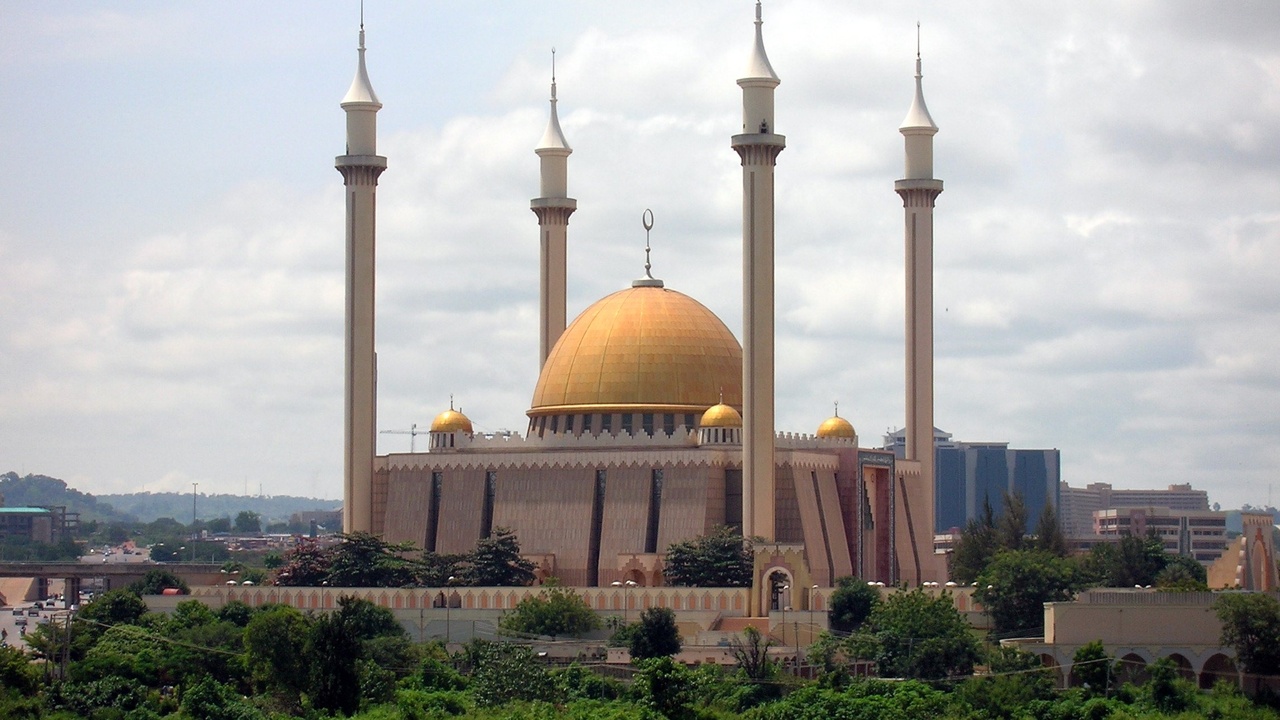
As the national capital since 1991, Abuja hosts institutions and landmarks designed to reflect Nigeria’s cultural diversity. Religious sites, museums and craft centres give a sense of national history and contemporary art, and many are laid out for easy daytime visits in and around the government district.
When visiting religious sites be mindful of dress codes and service times; plan museum trips for mornings when exhibits are less crowded. Below are two cultural stops that pair well with an afternoon of sightseeing.
4. Visit the National Mosque and National Christian Centre
The National Mosque and the National Christian Centre are architectural focal points that offer insight into Nigeria’s religious life. Both structures are visually striking from the outside: the mosque with its domed roof and minarets, and the Christian Centre with its modern nave and landscaped grounds.
Visitors should wear modest clothing and avoid visiting during major worship services; both sites have suggested visiting hours and sometimes require modest dress for entry. Photography is generally allowed around the exterior and in public spaces, but ask before photographing worshippers. These sites are excellent for respectful observation, learning, and photography where permitted.
5. Explore the National Museum and Abuja Arts & Crafts Village
The National Museum and the Arts & Crafts Village showcase Nigeria’s archaeological finds, ethnographic displays and living craft traditions. Museum exhibits typically include traditional masks, pottery and regional artifacts that illustrate Nigeria’s cultural breadth, and a visit of 1–2 hours is usually sufficient to see the highlights.
The Crafts Village is the place to meet artisans and buy authentic souvenirs like wood carvings, textiles and beads. Allow time to browse, bargain politely (sellers expect some haggling) and, if possible, commission a tailor or carver for a made-to-order piece. Both stops support local artists and make for meaningful purchases.
Food, Markets & Nightlife
Abuja’s food scene ranges from regional Nigerian specialties served at busy market stalls to upscale hotel restaurants and rooftop bars. Markets offer hundreds of stalls where you can sample suya, puff-puff and local breakfast items, while neighborhoods like Wuse and Maitama host evening venues with live music and hotel lounges.
These options are great for short food crawls or a memorable night out. If you’re compiling a short list of cool things to do in Abuja, include a daytime market run and an evening in Maitama for a full taste of the city.
6. Shop and eat at Wuse Market and street-food stalls
Wuse Market is a bustling place to sample authentic street food and hunt for textiles, spices and everyday goods. Stalls are arranged in lively alleys—food vendors cluster in the busiest lanes where you can try suya (grilled meat), puff-puff (fried dough) and masa (rice pancakes).
Expect very affordable prices: a suya skewer often sells for a few hundred naira depending on size. Bring cash, inspect food for basic hygiene (watch hot food being cooked), and visit in the morning for fresh produce or in the evening for the liveliest suya scene. Bargain politely on textiles and consider speaking to a tailor for on-the-spot alterations.
7. Dinner, live music, and rooftop bars in Wuse and Maitama
For an evening out, choose between hotel dining and intimate live-music venues. Upscale spots—such as hotel restaurants and rooftop bars in Maitama—serve international and Nigerian-fusion menus, while smaller lounges in Wuse host live-afrobeats nights that often start around 8–10pm.
Price expectations vary: hotel mains sit at higher prices while local lounges are more affordable. Book ahead for weekend dining and use rideshare apps or hotel cabs for late-night returns. Live shows and rooftop views make for a relaxed, memorable finish to a day of exploring.
Summary
These seven picks combine quick outdoor escapes, meaningful cultural sites and a lively food-and-nightlife scene so you can experience both calm and energy in Abuja over a short trip. Mix at least one outdoor stop with a cultural landmark and an evening out to get a rounded impression of the city.
- Best time to visit: dry season (November–March) for clearer skies and easier outdoor plans.
- Must-do from outdoors: Millennium Park for morning strolls and Jabi Lake for sunset boat rides.
- Must-do from culture: visit the National Mosque or National Christian Centre (dress modestly) and spend 1–2 hours at the National Museum and Arts & Crafts Village.
- Try a market crawl in Wuse for street food and fabrics, then cap the night with dinner or live-afrobeats in Maitama.
- Sample 2-day plan: Day 1 — Millennium Park + Aso Rock viewpoint + Wuse Market. Day 2 — Jabi Lake boat ride + National Museum + dinner in Maitama.

